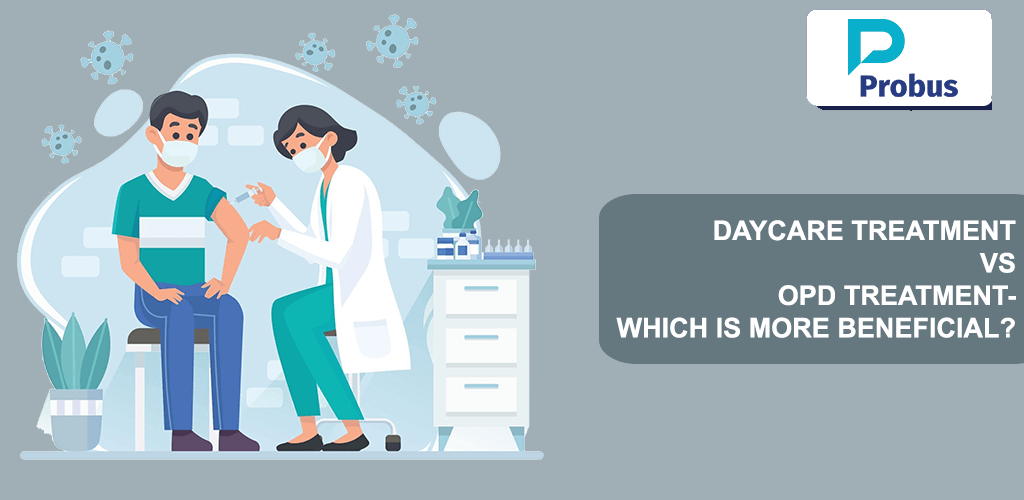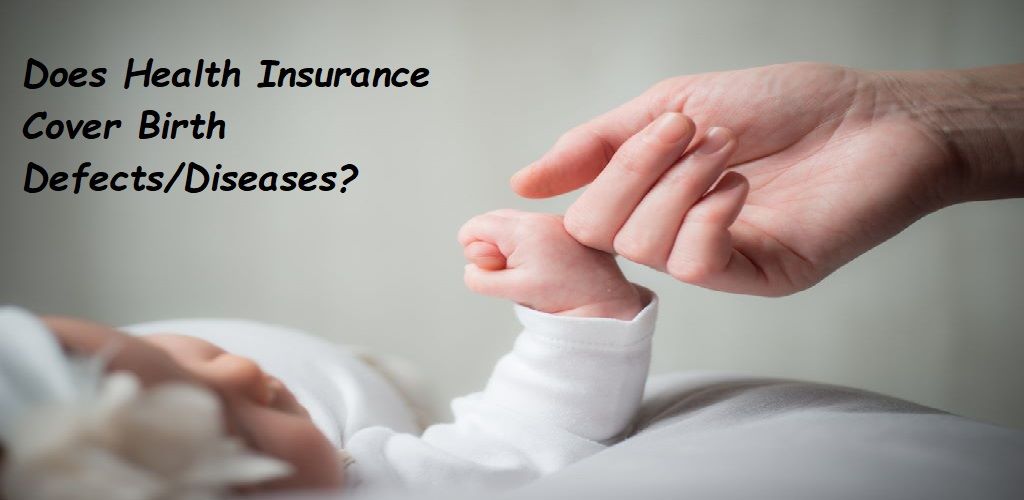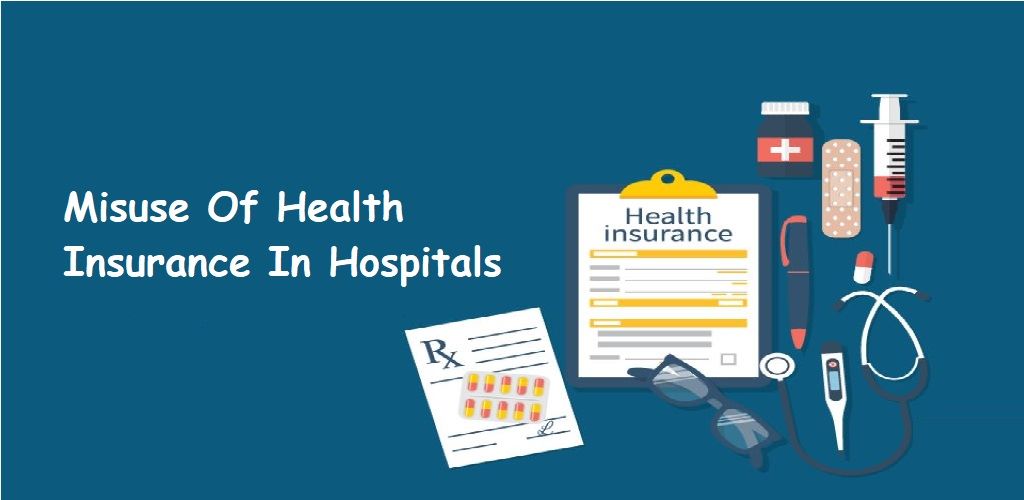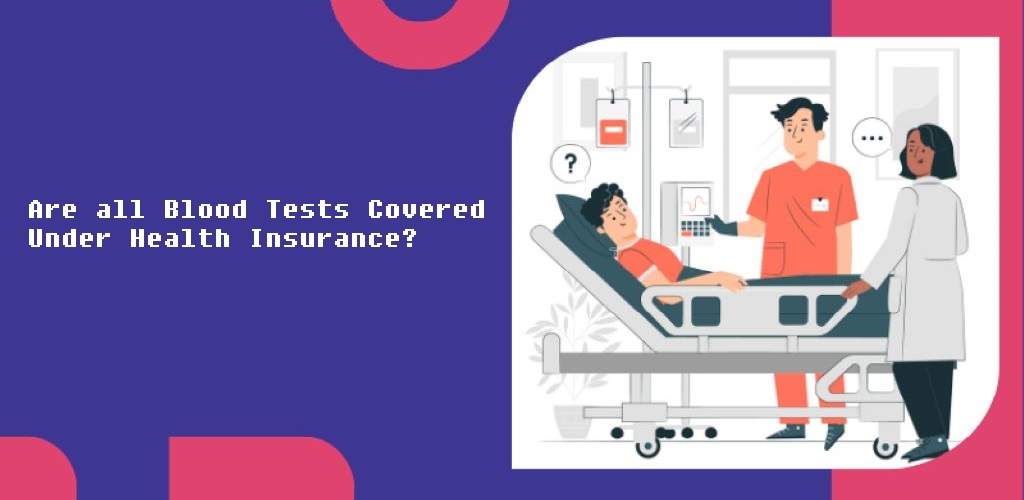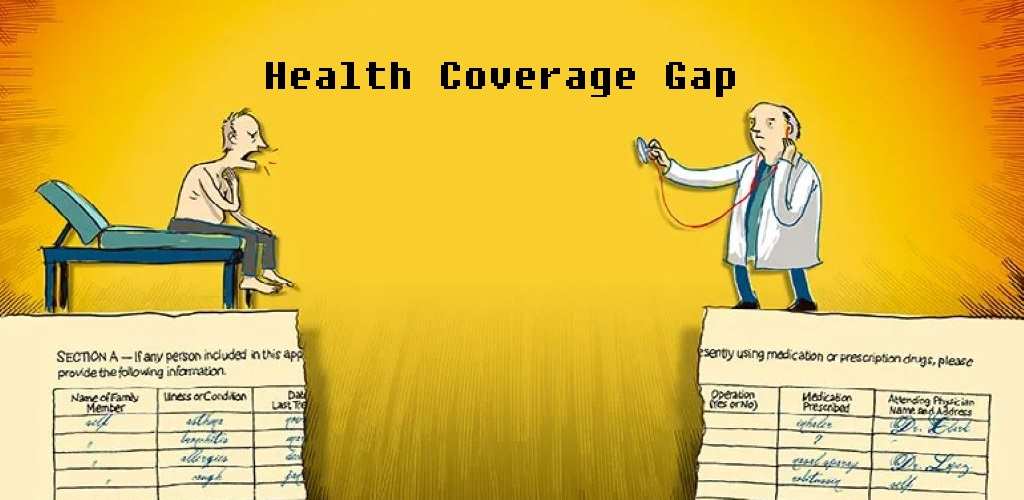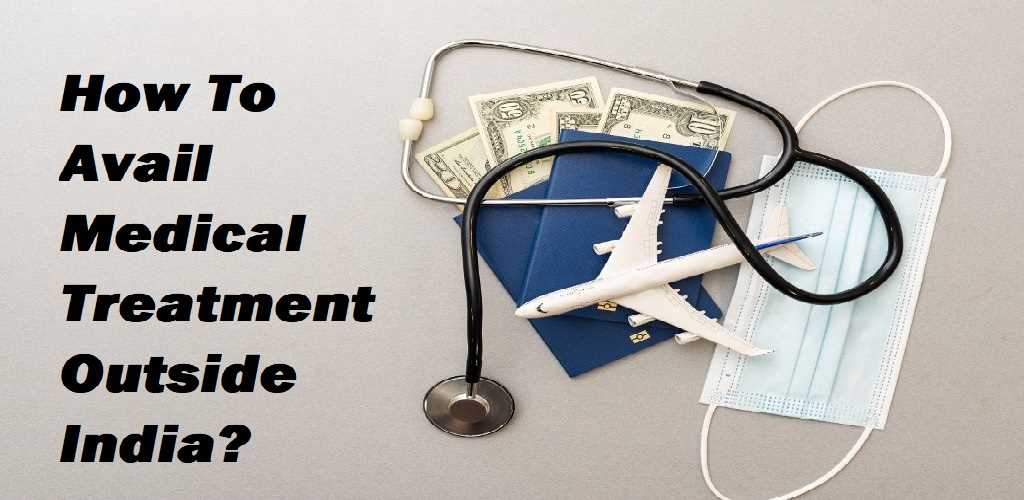When you buy a health insurance policy, it comes with numerous benefits and facilities, but sometimes, it becomes difficult to understand the terms properly and to realize the difference between certain benefits. Two of such are OPD (Outpatient Department Treatment) and daycare treatment. Apparently, though these two terms seem to be the same, they are not actually. Most people get confused here. OPD refers to a patient’s visit to a hospital or a doctor for medications and routine check-ups, on the other hand, daycare treatments denote a patient’s admission to a hospital for less than 24 hours. But this is only the basic difference. If you want to clear your doubts regarding the difference between OPD and daycare treatments, and wish to understand your health insurance policy in-depth, here are the mentions below.
What is DayCare Treatment?
Unlike OPD, daycare treatments require the patient to get admitted to a hospital. But the hospitalization has to be less than 24 hours. Due to the advancement of medical science and modern technology, there are many medical procedures that used to take prolonged stays in a hospital, previously, but now it does not even take a complete 24-hour stay. Therefore, the medical procedures that require hospitalization less than 24 hours fall under the category of daycare treatments, such as cataract operation, nasal sinus aspiration, glossectomy, lithotripsy, coronary angiography, hemodialysis, radiotherapy, chemotherapy, joint and bone surgery, and so on.
To make it simpler for you, here is an example. Suppose an insured person needs to undergo corrective eye surgery. Up until a few years ago, they would have had to admit themselves to a hospital for at least a few days. However, procedures like LASIK and ICL (Implantable Contact Lens), among others, have cut short a few days-long procedures into one that can be carried out in less than an hour. So, to get done with this corrective eye surgery, he/she has to get admitted to a hospital, but not more than a few hours. This will fall under the category of daycare treatments. Usually, a standard health insurance policy offers the facility of daycare treatments, which comes as an in-built benefit of the product.
Know About OPD Treatment
Outpatient Department Treatment (OPD) is a facility provided by health insurers where patients can go to a hospital or doctor’s clinic for consultations that are related to their health issues. Under this facility, it is not required for the patient to get admitted to a hospital. It is simply for the medications, treatments, or regular check-ups. This includes visits to a doctor’s chamber, diagnostic center, consultation room, pharmacy, etc.
For example, suppose you are suffering from a stomach ache or you need to do root canal treatment. To identify the reason for your stomach ache, you can simply visit a doctor or hospital. Or, for doing the root canal treatment, you do not need to get admitted to a hospital. It can be done in the clinic with the help of local anesthesia. It would only take a few hours, maximum, to get your diagnosis or treatment done. On the other hand, if you need to undergo dental surgery from an accident, you might need to get admitted to a hospital for a few hours. This situation will fall under the category of daycare treatment, not OPD.
Usually, OPD covers the treatments like diagnostic tests, X-rays, doctor’s fees, routine check-ups, vaccinations, minor surgeries, minor dental treatments, etc. It is to be noted that most health insurance providers offer coverage for daycare treatments but not for OPD. So, before purchasing a health product, do read the inclusions and exclusions properly.
Difference Between DayCare Treatment and OPD Treatment
The following table gives you a brief sketch of the difference between these two similar-looking benefits of a health insurance policy.
| Parameters | Day Care Treatments | Outpatient Department Treatment (OPD) |
| Hospitalization | Day care treatments require the patient to get admitted to a hospital for a few hours, and it has to be less than 24 hours. | OPD does not require the insured person to get admitted to a hospital. It is just a visit to a doctor’s chamber or a hospital for medications, diagnosis, or routine check-ups. |
| Scope of Coverage | A standard health insurance plan offers daycare treatment as an in-built cover. | OPD is usually not covered unless and until it is specifically mentioned. |
| Level of coverage | It has sub-limits. The expenses of the daycare treatments are covered up to the chosen sum insured. | It comes with a sub-limit that depends on your chosen sum insured limit. |
| Type of medical procedures | Daycare treatments are usually costlier. It can be used during a medical emergency or surgery like chemotherapy, dialysis, cataract, etc. | This facility is mostly suitable for those individuals who do not need any frequent hospitalizations. Rather, they seek regular visits for diabetes, fever, arthritis, etc. |
Claim Process For Day Care Treatment and OPD Treatment
Understanding the claim settlement procedure is as important as knowing the difference between these two facilities because as they are different in nature, certainly the claim procedures will be different as well. Therefore, here are the mentions below.
Claim settlement process for daycare treatments:
- Usually, the daycare treatments are happened to be planned in nature. Therefore, you can avail of the cashless facility by going to the nearest network hospital of your insurer.
- All you need to do is inform your insurance provider prior to the short-lived hospitalization. In that case, you need to submit a specific duly signed and filled claim form along with the required documents.
- If no discrepancy is found, your health insurer will take care of the medical bills.
- But, if you receive the treatments in a non-network hospital, you are still eligible to file a claim. In that case, the claim settlement will be of reimbursement type. For that, you need to submit all the relevant documents to your insurer within 7 days, which is subject to the terms and conditions of the company.
Claim settlement procedure for OPD treatment:
- The OPD covers generally work like indemnity-based health plans. It is subject to certain sub-limits, as mentioned in your policy wording.
- Once your treatments are over, you need to submit all the required documents, such as medical bills, prescriptions, etc., to your insurance provider within a pre-specified period.
- If there is no discrepancy and the sub-limits criteria satisfy the company, the insurer will compensate the medical expenses paid by you.
To sum up the article, it can be said that you should read the policy wordings thoroughly and understand each technical term properly. Otherwise, you may face difficulties at the time of filing a claim. OPD and daycare treatments are both essential parts of a health insurance policy. Know the inclusions and exclusions of a policy and match them with your requirements; only after that opt for the ideal one that caters to your needs.

